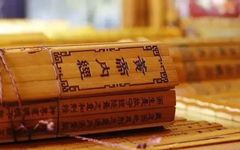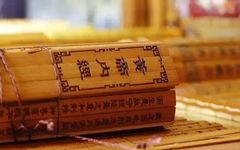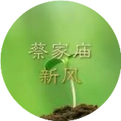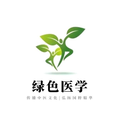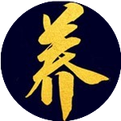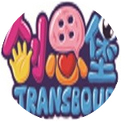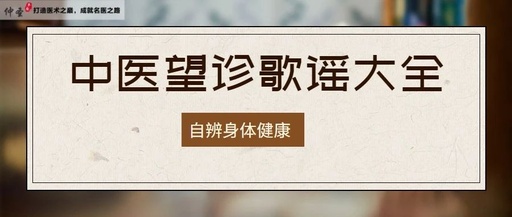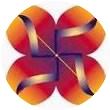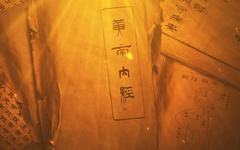Complete Text and Translation of the Huangdi Neijing: A Valuable Collection!
Huangdi Neijing The Huangdi Neijing is divided into two parts: Ling Shu and Su Wen, and is one of the earliest medical texts in China, recognized as one of the four classic works of traditional medicine.The Huangdi Neijing is a comprehensive medical book that establishes the theories of Traditional Chinese Medicine (TCM) such as the … Read more

